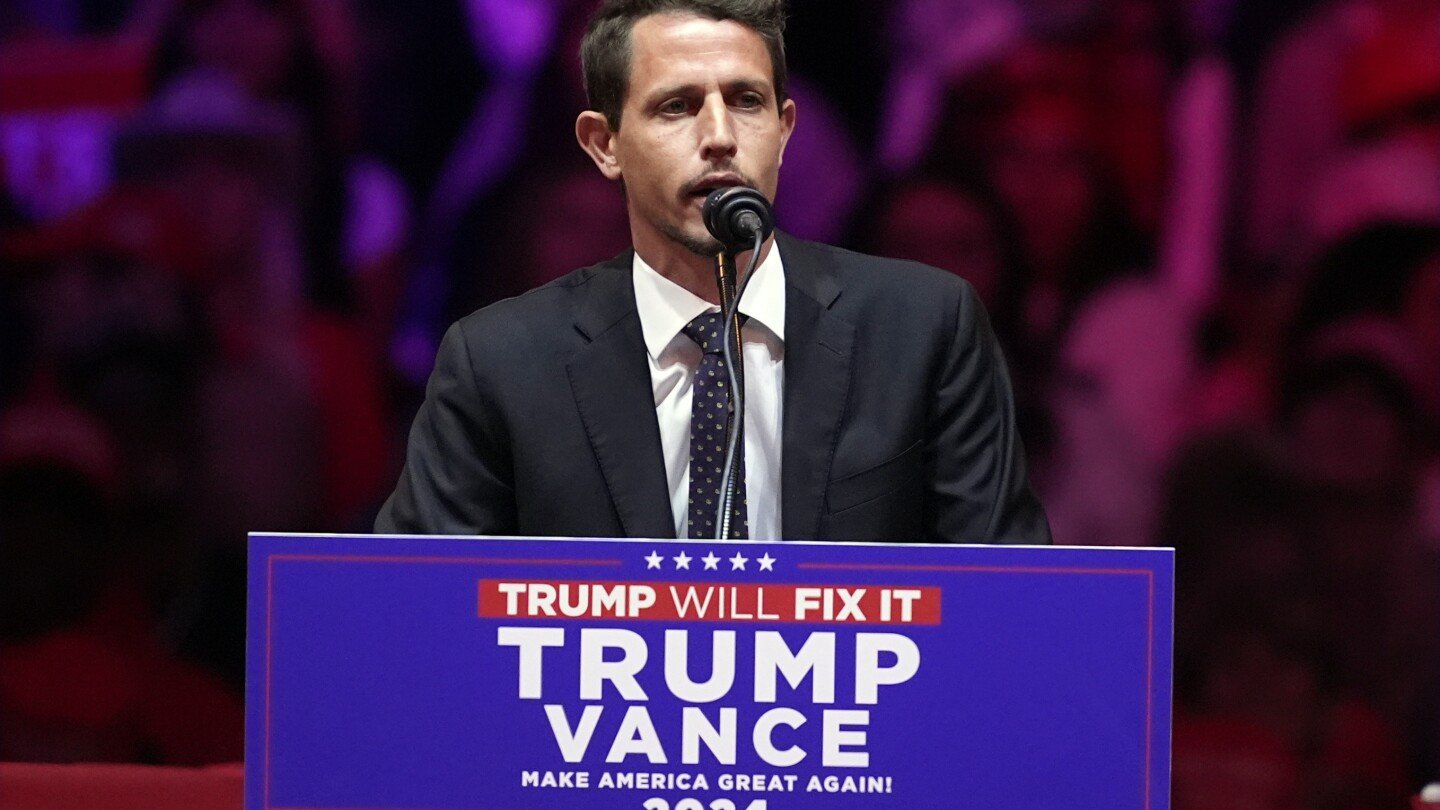Puerto Ricans cannot vote in general elections despite being U.S. citizens, but they can exert a powerful influence with relatives on the mainland. Phones across the island of 3.2 million people were ringing minutes after the speaker derided the U.S. territory Sunday night, and they still buzzed Monday.
Democratic Vice President Kamala Harris is competing with Trump to win over Puerto Rican communities in Pennsylvania and other swing states. Shortly after stand-up comic Tony Hinchcliffe said that, “I don’t know if you guys know this, but there’s literally a floating island of garbage in the middle of the ocean right now. I think it’s called Puerto Rico,” Puerto Rican reggaeton superstar Bad Bunny announced he was backing Harris.
After Sunday’s rally, a senior adviser for the Trump campain, Danielle Alvarez, said in a statement that Hinchcliffe’s joke did “not reflect the views of President Trump or the campaign.”



Sales tax is different. That pays for the infrastructure to get the goods to market, theoretically. Though admittedly that is not exactly true everywhere, the general idea of sales tax is for economic reasons, not residential.
And of course it’s not going to be 100%, but we’re talking about large portions of the population that were purposely excluded, e.g. women, slaves, etc., in the past, and currently lots of people of all genders and races who live in Puerto Rico, Guam, D.C, etc…
PR alone accounts for over 3 million adults, or about 1% of the US population, with little to no representation, most of them citizens. Wyoming only has about 580,000 people, or about 0.17% of the population, but controls 2% of the Senate, 0.23% of the house, and 0.56% of the presidential election.
We’re also not talking about taxes just for residency. The federal government doesn’t collect property taxes. I’m just trying to say there is some effort to not burden them unduly with taxes. Do I think they should become a state: yes; barring that do I think they should they be excluded from entitlements: no. The issue of statehood is complicated. Historically referendums in Puerto Rico have failed. At least some are happy with the status quo